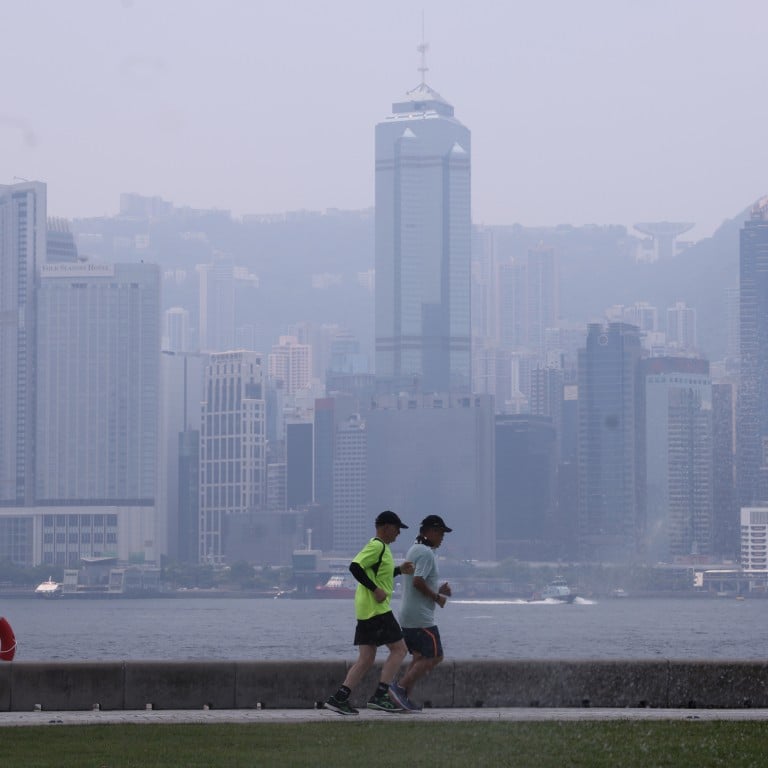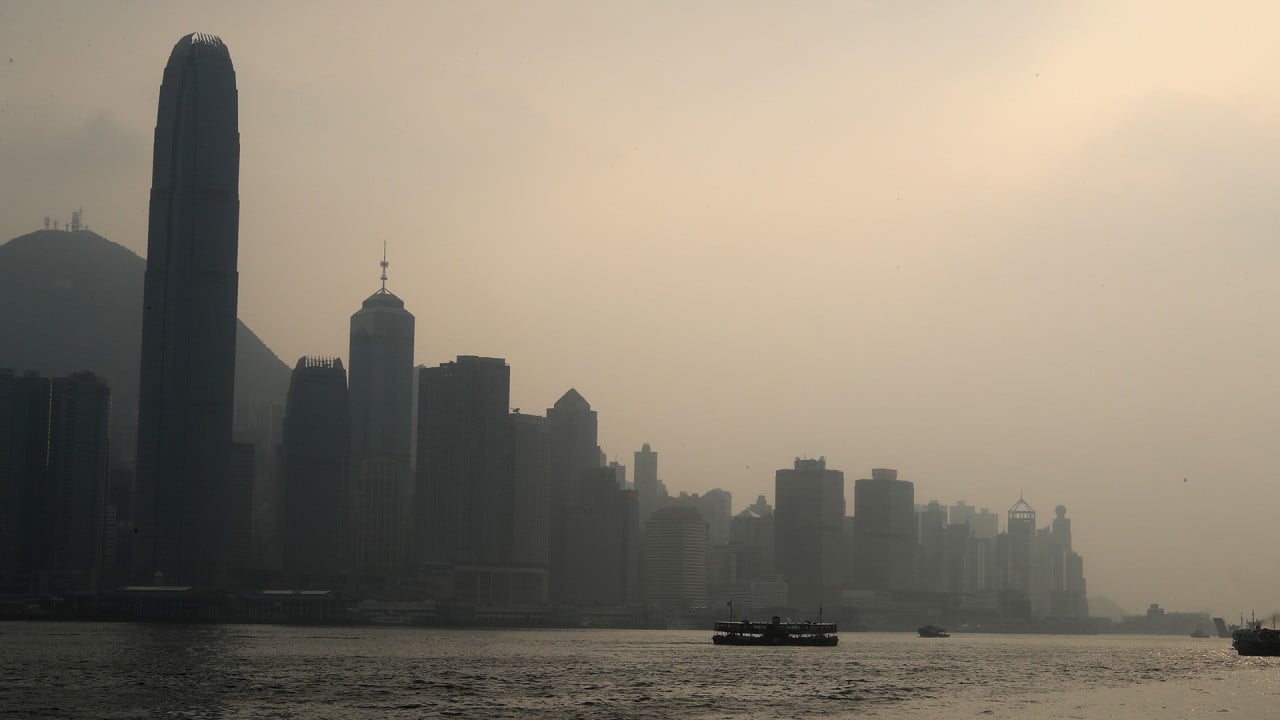
COP28: To cut carbon, Hong Kong must first learn to put a price on it
- Hong Kong is part of China’s nationally determined contributions plan, but needs a different approach than the one on the mainland
- From buildings to cars, bank loans to investments, the idea is to reward energy efficiency and tax emissions – turning everything into a market where carbon carries a price
To achieve Paris targets, the world needs to halve emissions of greenhouse gases by 2030 and cease emissions before the mid-century. Signatories to the Paris Agreement have to publish policy as part of their nationally determined contributions (NDCs) to global targets.
Hong Kong is more developed, more urban and wants to be on a downward trajectory sooner than mainland China, and so it needs different policies. In particular, Hong Kong is culturally much more market-oriented. Hong Kong needs to do what it’s good at. It needs to create or transform markets.
Tackling existing buildings is the real issue. So does the BEEO add to the building stock getting to net zero by 2050? And does it do this by the least costly route? It is not obvious to me that it does.
The way forward, I believe, is to create a market for anything that consumes energy, where efficiency has a value and inefficiency has a cost, and importantly, to drive change, the value difference must be greater than the cost of the measures.
A mandatory Building Energy Performance Certificate, would, like Hong Kong’s energy label on air conditioners and appliances, enable visibility across the whole market, from the best to the worst. A mandatory label enables change to be tracked.
Additional policy can then build on the label, with taxes on the worst, or tax incentives, rebates or grants to upgrade to the best. Using taxes and incentives together can end up being revenue-neutral. Ultimately, the government can set minimum standards for buildings to be rented, or appliances sold.
We call this mix of information, incentives and regulation “market transformation”. And the approach has been used on not just appliances, but cars and buildings. When the United States and Europe have examined the cost of this approach, it has consistently been among the most cost-effective way to drive change.
Back in 1975, the US mandated the corporate average fuel economy (CAFE) standards for car manufacturers based on the average fuel efficiency of all vehicles sold. Yes, manufacturers could still sell big polluting cars, but to meet the corporate average, they had to sell more smaller, efficient cars. Over time, the average emissions target has been lowered.
There is no reason not to have CAFE-style standards for building owners (so emissions from what owners develop, manage or rent comes down over time), bank loans, the MPF (so carbon emissions per dollar invested reduces over time) or even flights (so carbon emissions per passenger falls).
Carbon credits amount to more than greenwashing
The point is to create a market. To put a value on efficiency and a cost on emissions. To create dynamism, demand and innovation because this drives down cost. And the more we do something, the better we get at doing it, the cheaper it becomes.
This is what Hong Kong is good at – driving markets. This is what Hong Kong needs to do with carbon.
Dr Mark Hinnells is a senior adviser to Climate Finance Asia



